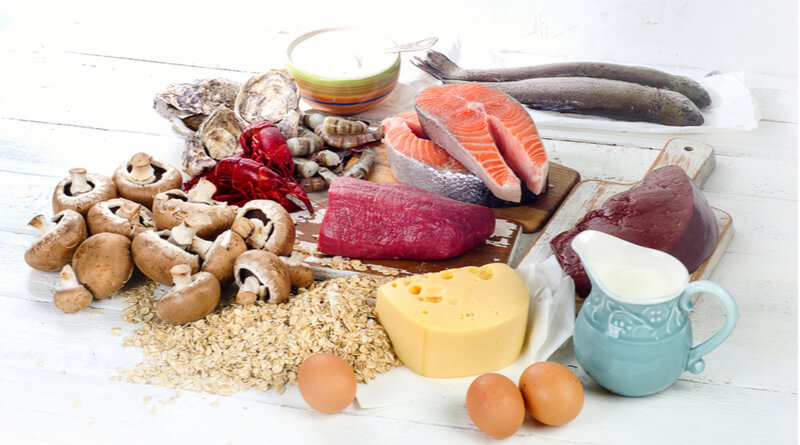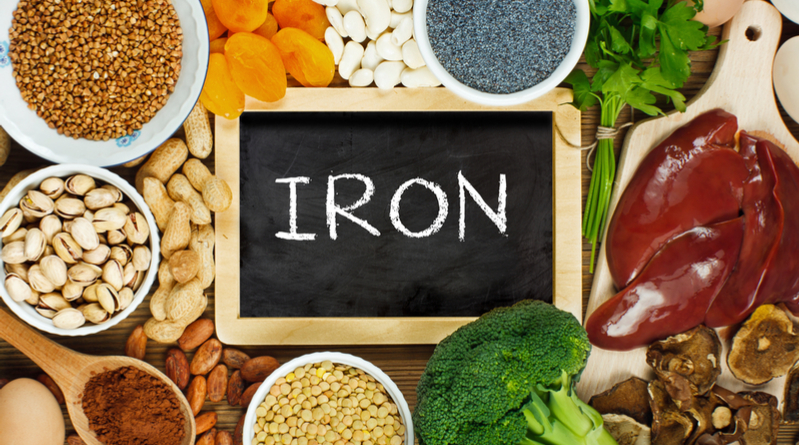Cobalamin, more commonly known simply as, vitamin B12 is an important water-soluble vitamin. It plays a key role in the creation of red blood cells and DNA, and it helps to regulate the proper functioning of your nervous system.
Vitamin B12 is not naturally produced by the human body; instead it has to be introduced into your body via the food you eat. The best natural sources of vitamin B12 is animal foods. That includes meat, pegs, fish, poultry, and dairy products. But you can also obtain vitamin B12 from food items that have been fortified with vitamin B12.
Vitamin B12 deficiencies are fairly common, especially in elderly people. But people recovering from bowel surgery, taking metformin for diabetes, strict vegans, and on long term antacid drugs are also at risk of developing diabetes. Generally speaking, vitamin B12 deficiencies occur when you don’t get enough cobalamin in your diet or are not able to absorb enough from the food you eat.
How to Treat Vitamin B12 Deficiency
If you are suffering from a vitamin B12 deficiency, there are certain foods that you can eat to counteract the deficiency:
1. Animal Liver and Kidneys
Organ meats, like the liver and kidneys are some of the best sources of vitamin B12. This is why vegans are naturally at risk of becoming vitamin B12 deficient. The best animal organs to consume for vitamin B12 come from lamb.
2. Clams
Shellfish, like clams are another great source of vitamin B12; 20 small clams has over 3,300% of the RDI.
3. Fatty Fish
Fatty fish, like salmon, sardines, tuna, etc. those fish that your grandparents eat have lots of vitamin B12 along with essential omega-3 fatty acids. A single 3.5 oz serving of fresh tuna possesses approximately 160% of the vitamin B12 RDI.








